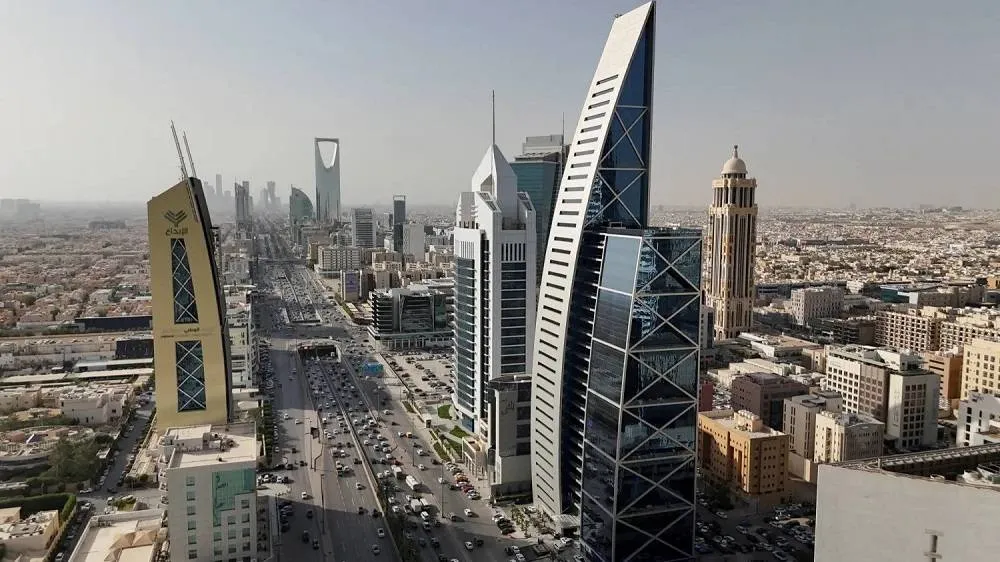Saudi Arabia’s non-oil private sector continued to witness steady improvements in operating conditions during May, mainly driven by an expansion in new business and a recovery in customer demand.
This strong performance underscores the resilience of Saudi Arabia’s non-oil economy and its capacity to achieve sustainable growth.
The Riyad Bank Purchasing Managers’ Index (PMI) rose in May, reaching 55.8 points, indicating a strong improvement in business conditions, though still below the peak recorded earlier this year.
These positive figures reflect growing confidence in the sector’s future, with output expectations reaching an 18-month high, signaling operational readiness for continued growth in the second half of the year.
Key findings of the PMI show a notable acceleration in new order growth during May, following a slowdown in April. Companies attributed this increase to stronger demand, robust sales performance, and new marketing initiatives. New orders from abroad also grew, although at the slowest pace in the past seven months.
This positive momentum was mirrored in employment levels, as companies increased their workforce to meet rising production requirements, marking one of the fastest hiring rates in over a decade.
The workforce growth was accompanied by a surge in purchasing activity, which saw its fastest rise since March 2024, reflecting improved supply chain flexibility.
The Kingdom’s non-oil private sector is showing strong confidence in the future, with business expectations reaching their highest level since late 2023.
Business activity rose in May, driven by increased customer demand and production needs, although the overall rate of growth was the slowest since last September. The construction sector played a key role in this growth, recording the strongest increases in both activity and new business.
Despite this strong performance, non-oil firms faced a sharp rise in input costs during May. However, inflation slowed compared to April due to reduced wage pressures.
Conversely, selling prices declined in May, driven by a sharp drop in service sector prices, with companies citing competitive pressures impacting their pricing power.
Commenting on these results, Dr. Naif Al-Ghaith, Chief Economist at Riyad Bank, affirmed that Saudi Arabia’s non-oil economy maintained its strong momentum in May.
He noted that improving demand, robust economic activity, the launch of new projects, and increased labor productivity all contributed to continued growth, despite the pace slowing to its lowest level since September 2024.



